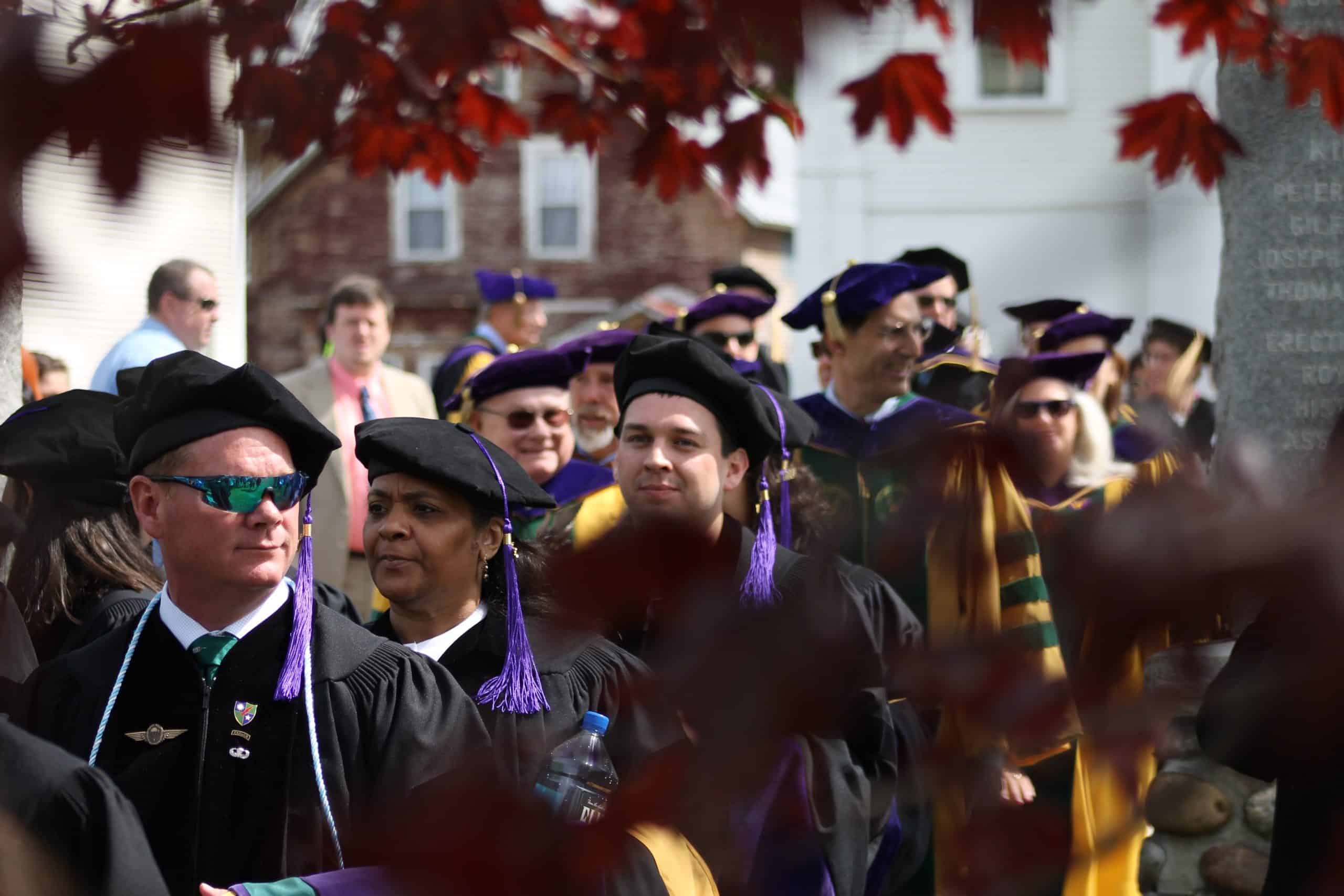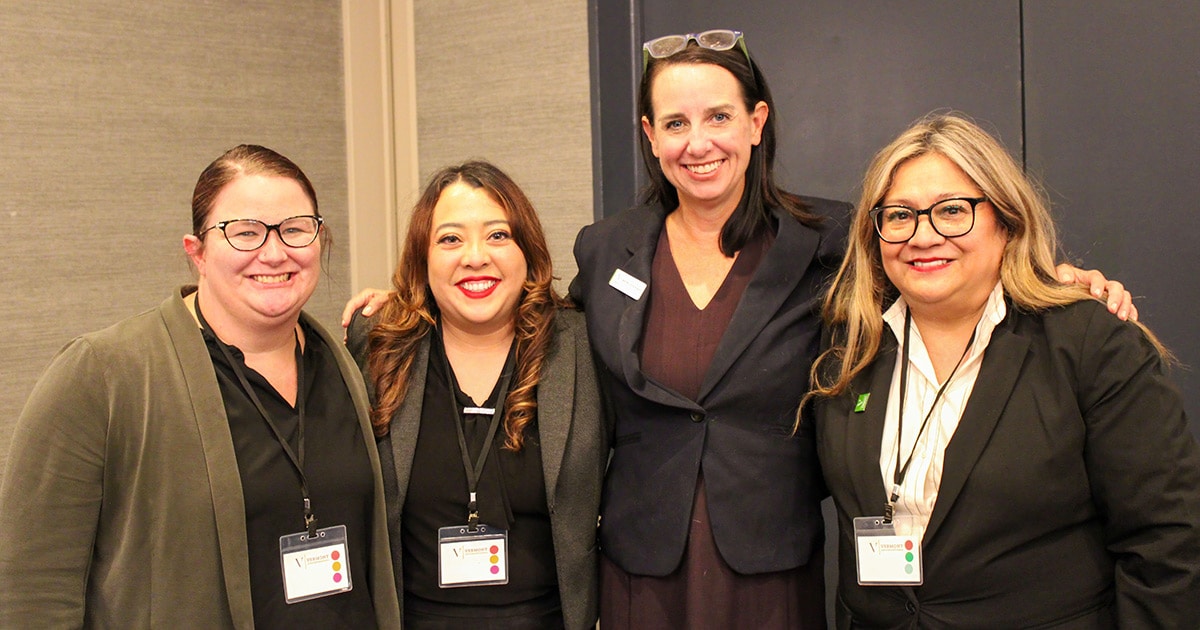Legal Writing Lecture with Dean McCormack
VirtualThe admissions team invites you to a webinar featuring Dean Beth McCormack, who will lead an insightful lecture focused on legal writing. Dean McCormack has been the law school dean since January 2021, and she is the first woman to hold that position in the school’s history. She initially joined the VLGS faculty in 2011, […]


